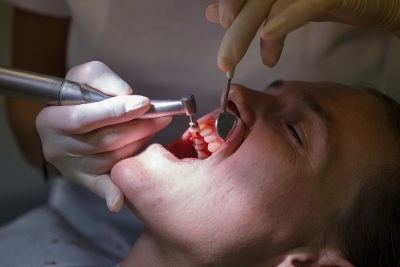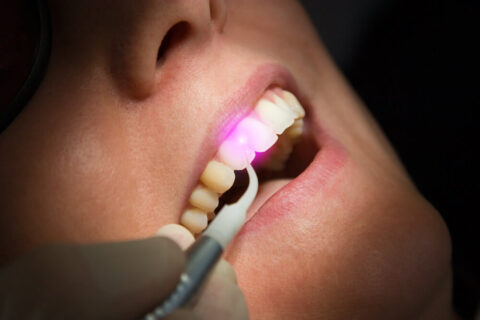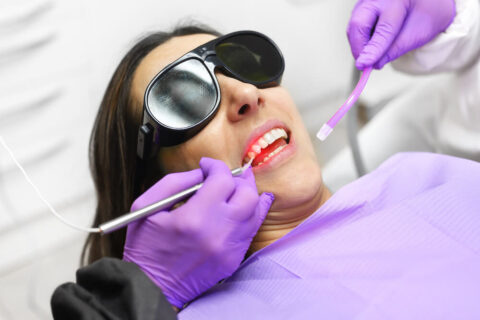What Causes Gum Disease?
Gum disease, also known as periodontal disease, is among the most common oral health concerns among adult patients. When you visit your Denver dentist, you may want to ask about how you can prevent periodontal disease in the future. Some of the hallmark symptoms of gingivitis and periodontal disease are redness, bleeding gums, painful gums, and loose teeth. With a few preventative measures, you will be able to stop periodontal disease from creating serious oral health problems. Your dentist will be able to provide you with brushing tips and other techniques that will ensure your smile remains healthy throughout the years. To help you avoid periodontitis, here is a look at some of the most common causes of gum disease.
Bacteria Buildup
Gum disease is caused by the bacteria that live in your mouth. While some types of bacteria are healthy, others can cause serious damage to your gums and enamel. For example, every time you eat a meal, your mouth may become filled with harmful bacteria. Over time, bacteria can combine with saliva, mucus, and other particles to become plaque.
Improper Oral Hygiene
Along with the natural process of bacterial buildup in the mouth, gum disease is often related to improper oral hygiene. In order to keep your mouth as free of bacteria as possible, you should be sure to brush and floss at least twice each day. By performing these simple steps, you can prevent bacteria and plaque from causing gum inflammation or recession.
Neglecting Dental Visits
In order to stop gum disease before it becomes a serious health concern, you will need to visit your Denver dentist at least once every six months. Routine dental cleanings will ensure that your teeth are restored to healthy, plaque-free condition. Along with removing plaque buildup, your dentist will also check your gums for signs of disease during your dental exam. When the early signs of gum disease are detected, you will be able to take preventative measures to stop the issue from developing any further.



